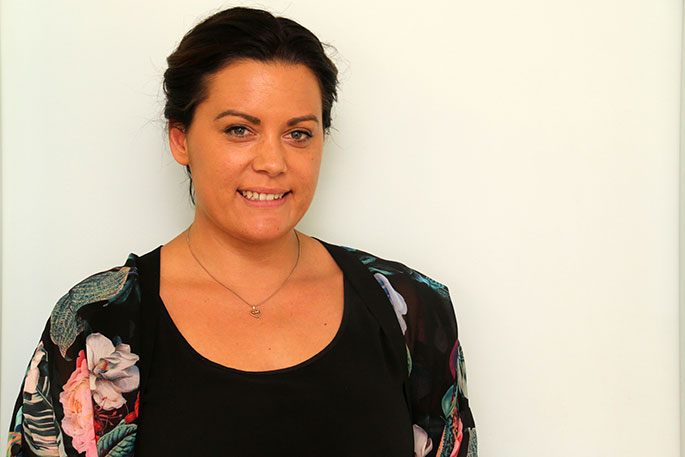After years of unfair pay and increasing demands for midwives, Tauranga is described as being in 'crisis mode”, with many women desperately looking for a midwife as soon they find out they are pregnant.
Papamoa midwife Cara Kellett says Bay of Plenty midwives saw the crisis coming several years ago, but they're now at the stage where it can't be ignored.
Auckland, Canterbury and parts of the Waikato were first to suffer from the shortage, and now Tauranga has been added to that list.
The 35-year-old, who has been a midwife for almost five years, believes the shortage is due to high demands for midwives in the growing region and a lack of interest in the industry, with New Zealand midwives seeing just one pay rise of 2.5 per cent since 2007.
'Last year we lost 13 midwives in the Bay of Plenty region,” says Cara, 'so they either gave up midwifery, went into hospital work or retired. That, combined with our population growing, is why we've now got a crisis on our hands.”
She says it has got to the point where some women are looking for a midwife as soon as they find out they are pregnant, rather than the normal time of 12 weeks.
Those who can't find midwives are being forced to go directly through the hospital for their antenatal care and delivery, where a different midwife will be on duty every 24 hours.
Cara says currently, Tauranga Hospital has more than 40 low-risk woman going through the hospital.
'Our care model is about not only helping the mother, but building a relationship with them, and it's really sad that these women won't get that sort of continual care.”
She says Bay of Plenty midwives have been working hard to cover the shortage and help women where they can, but everyone is starting to feel the stress.
'There is 168 hours in a week and I'm on call for 138 hours,” she says. 'I don't get paid for being on call, and then on top of that I have to do all my work during the day plus be available to go out and do births in the middle of the night.
'I've been working extremely hard over the last 12 months to help cover the shortage, but I can't do it anymore and I've had to drop my case load in half to be able to look after my own health.”
Although private midwives are deemed self-employed, they are contracted to the Ministry of Health and cannot be paid extra for overtime, public holidays or when a client has been assigned to someone else.
Bay of Plenty DHB midwifery manager Annette Harris says a population-based study by the Ministry of Health showcased a shortage of midwives in the Bay of Plenty.
There were 53 lead maternity carer midwives in Tauranga, 34 permanent DHB midwives and 15 casual staff who regularly worked with the DHB.
'We are currently working with women who are unable to find a midwife and providing interim care or complete care as necessary,” says Annette.
Cara says she loves what she does and it's a very rewarding job, but she can't be taken advantage of anymore.
'Midwives have always fought for women's rights and protecting the birth systems, but now we need women to come out and be heard.”
Midwives and women will be meeting with a number of Tauranga MPs on Tuesday, March 16, from 12.30-2pm at Bethlehem Birthing Centre at 1 Te Paeroa Road, Bethlehem.

